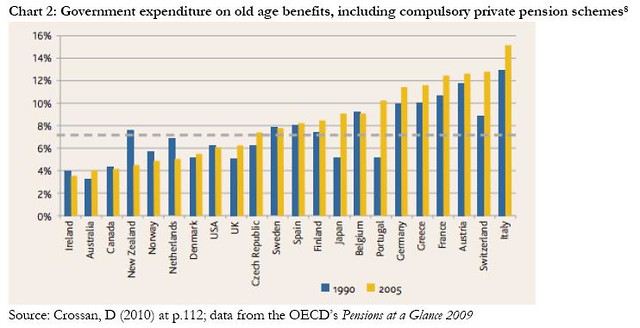This week, Maori Affairs Minister Pita Sharples suggested that Christchurch's growing number of homeless squat in abandoned red-zone properties rather than sleeping in their cars. The response with swift, with an outraged Gerry Brownlee saying that Sharples' suggestion was "not appropriate" and "completely out of order". Bullshit.
Despite the government's denials, there is a growing housing crisis in Christchurch. The earthquake has damaged homes, meaning that there are not enough to go around, and this shortage has been exacerbated by price-gouging landlords eager to make a quick buck off other people's suffering. Meanwhile, hundreds of homes lie empty in the red zone.
Contrary to Brownlee's fearmongering, these homes are not unsafe. They have been condemned as part of a policy of managed retreat, because the land cannot be quickly remediated and public services cheaply restored - not because they are structurally unsound. And while they are cold, unheated, and lack power and sewage, they're still enormously better than a tent or a car.
Squatting in these abandoned homes does no-one any harm, while delivering significant benefits to the homeless. Demanding that those in need eschew this, and instead continue to suffer, is privileging property rights over basic human welfare. And that is simply obscene.

